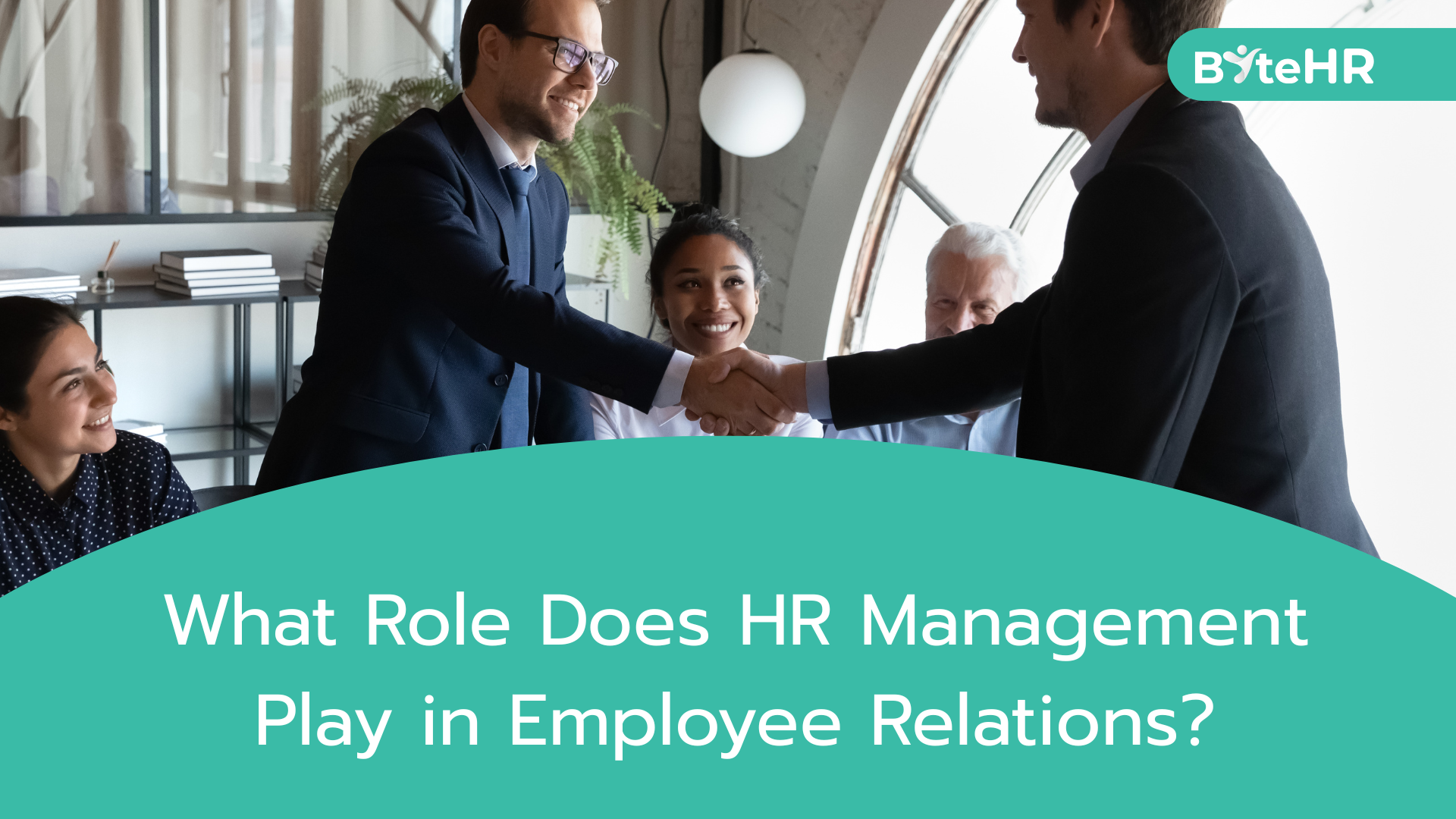What Role Does HR Management Play in Employee Relations?

Employee relations form the foundation of a productive, harmonious workplace. At the heart of fostering these relationships lies HR management, which serves as the crucial link between organizational leadership and the workforce. Understanding the multifaceted role HR plays in employee relations is essential for building thriving organizations where both people and businesses succeed.
Understanding Employee Relations
Employee relations encompasses all aspects of the relationship between employers and employees, including communication, workplace culture, conflict resolution, and overall job satisfaction. Strong employee relations lead to higher engagement, increased productivity, reduced turnover, and a positive organizational reputation. HR management sits at the center of this dynamic, actively shaping how these relationships develop and evolve.
Building Communication Channels
One of HR management's primary roles is establishing clear, consistent communication throughout the organization. HR professionals create frameworks that enable information to flow smoothly between management and staff, ensuring employees understand company policies, organizational changes, and their role in achieving business objectives.
Effective HR develops communication strategies, including regular town halls, employee surveys, feedback mechanisms, and open-door policies. By facilitating transparent dialogue, HR helps prevent misunderstandings, builds trust, and creates an environment where employees feel heard and valued.
Conflict Resolution and Mediation
Workplace conflicts are inevitable when diverse individuals work together. HR management plays a critical mediating role when disputes arise between employees or between staff and management. HR professionals approach conflicts objectively, listen to all parties involved, and facilitate resolutions that are fair and aligned with organizational values.
Beyond resolving individual disputes, HR identifies patterns in workplace conflicts that may indicate systemic issues requiring policy changes or cultural interventions. This transforms conflict resolution from reactive problem-solving into proactive relationship management.

Policy Development and Implementation
HR management develops and implements workplace policies that govern employee relations, covering code of conduct, anti-discrimination, disciplinary procedures, grievance mechanisms, and work-life balance initiatives.
The key lies in ensuring consistent, fair application across all organizational levels. HR serves as the guardian of equity, ensuring policies are applied without bias and that all employees understand their rights and responsibilities. This consistency builds credibility and trust in leadership.
Fostering Workplace Culture
Culture significantly influences employee relations, and HR plays an instrumental role in shaping organizational culture. Through team-building activities, recognition programs, diversity and inclusion efforts, and wellness programs, HR cultivates a culture where positive relationships naturally flourish. This cultural foundation makes it easier for employees to connect with colleagues and remain engaged with their work.
Performance Management
HR implements performance management systems that support growth rather than simply evaluate shortcomings. By creating fair, transparent performance review processes, HR helps employees understand expectations, receive constructive feedback, and identify development opportunities.
When performance issues arise, HR guides managers in addressing problems constructively while respecting employee dignity. This balanced approach maintains positive relations even during challenging conversations.
Supporting Management Skills
HR equips managers throughout the organization with the skills needed to build strong team relationships. Through training programs, coaching, and resource provision, HR ensures frontline managers can effectively communicate, provide feedback, resolve conflicts, and support their team members. This multiplier effect extends HR's positive influence far beyond the HR department alone.
Legal Compliance and Protection
HR management ensures legal compliance with employment laws and regulations. By staying current with labor legislation, workplace safety requirements, and employee rights protections, HR creates a secure environment where employees trust their rights are protected and the organization operates ethically.
Employee Advocacy
While HR represents organizational interests, effective HR management also advocates for employees, ensuring their voices reach decision-makers. HR professionals gather employee feedback through surveys, focus groups, and conversations, then translate these insights into actionable recommendations for leadership. Employees who feel represented are more likely to remain engaged and committed.

Change Management Support
During organizational changes, restructuring, or crises, employee relations face significant strain. HR management plays a vital stabilizing role by providing clear communication about changes, supporting employees through transitions, addressing uncertainties, and maintaining morale during difficult times.
Measuring and Improving Relations
Progressive HR management measures employee relations through engagement scores, turnover rates, conflict frequency, and satisfaction surveys. By analyzing these data points, HR identifies trends, anticipates potential issues, and continuously refines strategies to strengthen workplace relationships.
The Strategic Impact
Organizations that invest in strong HR management for employee relations experience tangible benefits. Engaged employees are more productive, innovative, and committed to organizational success. Positive workplace relationships reduce absenteeism, minimize costly turnover, and enhance the employer brand. Strong employee relations also contribute to better customer service, as satisfied employees deliver exceptional experiences to clients.
HR management's role in employee relations is comprehensive, strategic, and essential to organizational success. By serving as communicators, mediators, policy enforcers, culture builders, and employee advocates, HR professionals create work environments where positive relationships thrive. As workplaces continue to evolve with remote work, generational diversity, and changing employee expectations, the role of HR in managing employee relations becomes even more critical.
If you're running a business in Malaysia, choosing the right HR software in 2025 is critical. You can find more information in Top 5 HR Software in Malaysia. The investment in effective employee management pays dividends through improved performance, higher retention, and sustainable business growth.
For more on HR development, tax knowledge, and tips for employees and entrepreneurs, follow ByteHR. If you're considering HR software, contact ByteHR for a free consultation at 036 419 5276 or salesmy@byte-hr.com.


